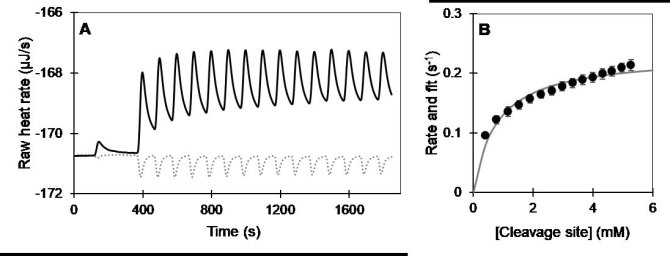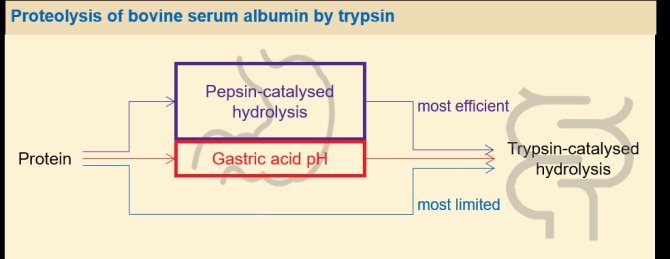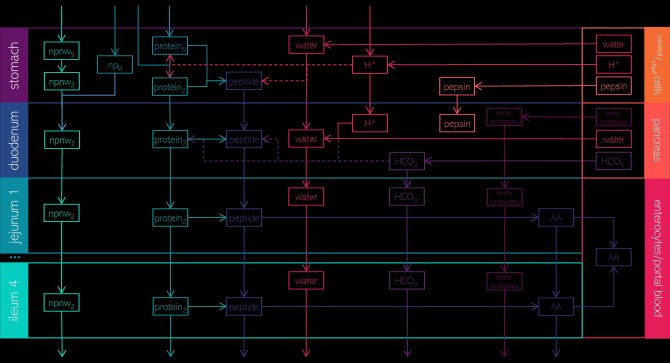
Project
Plant proteins: from processing to digestion
Plant-based alternatives to animal sourced foods can facilitate the protein transition. Plant proteins have the potential to provide all indispensable amino acids, but these proteins have to be digestible and their amino acids bioavailable. Poorly digestible proteins can, not only fail to meet nutritional requirements, they can also have harmful consequences as a result of the metabolism of colonic microbiota.
The objective of this project is to better understand the effect of processing before, during and after fractionation of plant protein ingredients on their digestibility. In doing so, we can make better informed choices to produce truly sustainable alternatives to animal-sourced products. The project follows two main axes. In the first, focus was drawn on the dynamic nature of the gastric phase, particularly on its relevance on the overall gastro-small intestinal digestion.
1. Using isothermal titration calorimetry, we quantified the kinetics of trypsin-catalysed hydrolysis of substrates that were exposed to different conditions in the gastric environment, from intact protein at near-neutral pH, that is, that which would be emptied first from the stomach into the duodenum, up to pepsin-hydrolysates at pH 2, or proteins with a long residence time in the stomach.


2. The standardised semi-dynamic in vitro digestion method was used to study the digestibility of pea proteins with different processing history.
3. We developed an in silico model of protein digestion. This model was based on mass balances. Special focus was given to the physical state of meals which influences the residence time in the stomach of the chyme, and, in turn, can influence the kinetics of acidification and protein hydrolysis.

The second axis follows the relation between processing and plant protein digestion by:
4. Reviewing the current literature presenting studies on the effect of processing on protein digestion. Processing steps such as germination, fermentation, dry fractionation, heating, high pressure, acylation, among others, and their effects on protein digestibility were found for protein concentrates and isolates from different crops.
5. Exploring the effect of heat treatment on the in vitro static and semi-dynamic digestion of protein rich ingredients from yellow pea obtained by conventional and mild aqueous fractionation.
6. Lastly, implementing a ‘farm-to-faeces’ approach to quantify the environmental impact of the production as well as digestion of pea protein ingredients. Whey protein isolate was chosen as a benchmark of a nutritious protein ingredient of animal origin.
With this project we can support the use of minimally-processed plant based, protein rich ingredients so that finished products can be adequately digestible.